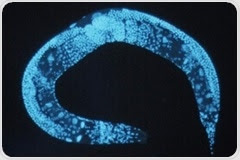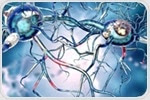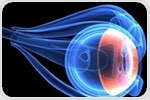| ||||||||||||||||||||||||||||||||||||||||||||||||
| ||||||||||||||||||||||||||||||||||||||||||||||||
| ||||||||||||||||||||||||||||||||||||||||||||||||
| ||||||||||||||||||||||||||||||||||||||||||||||||
| ||||||||||||||||||||||||||||||||||||||||||||||||
| ||||||||||||||||||||||||||||||||||||||||||||||||
miércoles, 28 de febrero de 2018
Neurology / Neuroscience - Feb 27, 2018 Edition
Health News and Information - News Medical
Suscribirse a:
Enviar comentarios (Atom)












































No hay comentarios:
Publicar un comentario